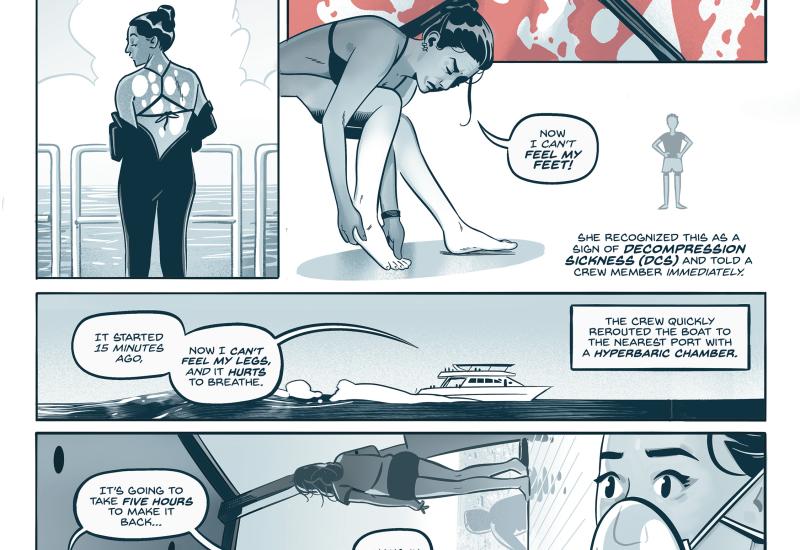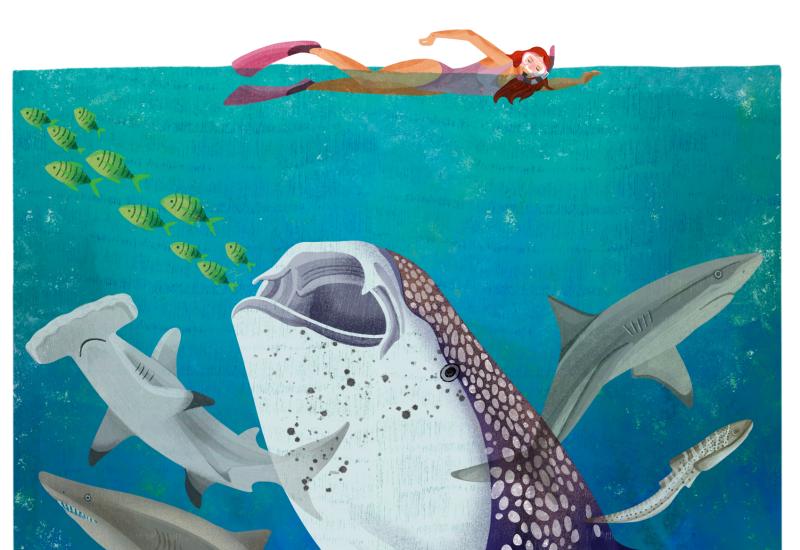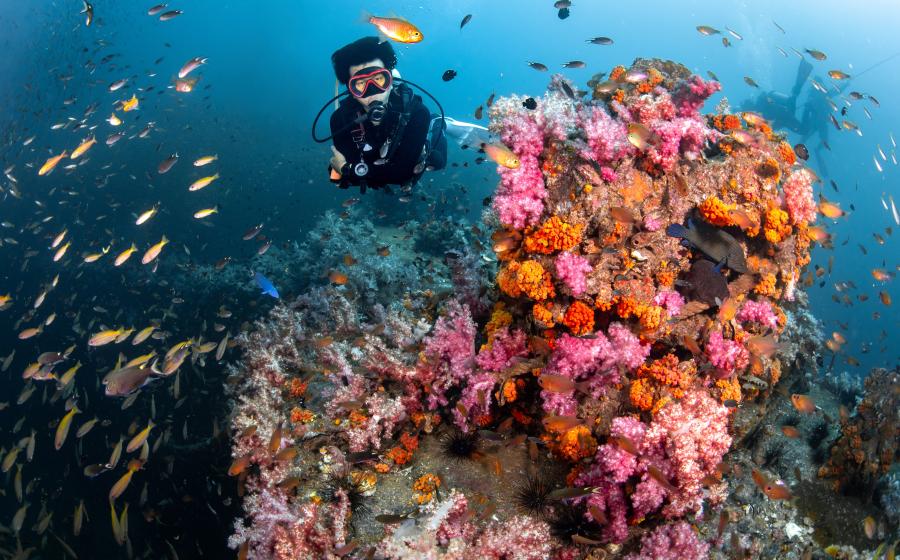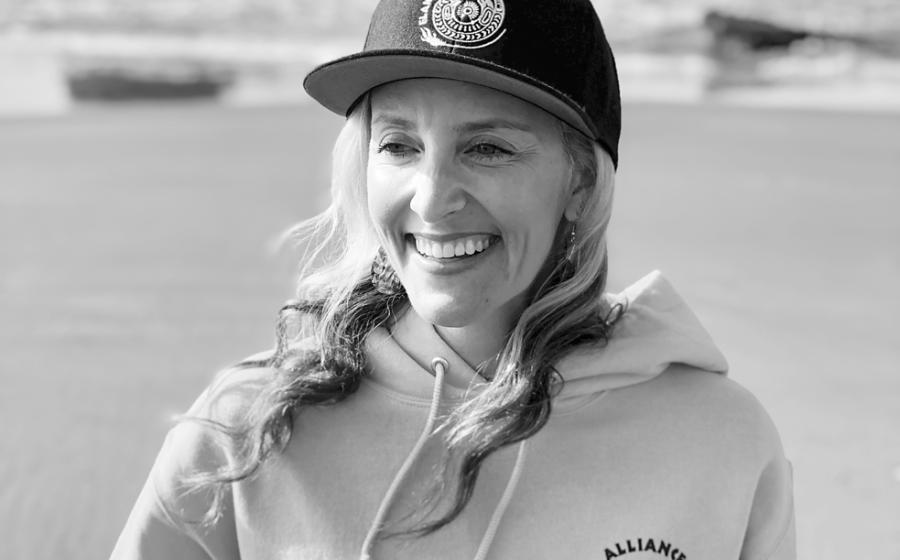Ask The Experts: How Can I Hunt Safely?

Courtesy Divers Alert NetworkFirst things first; check your health, monitor your air and check your equipment.
HOW CAN I HUNT SAFELY?
Hunting safety is a hot-button issue, especially now, as regional lobster seasons close (with the exception of Florida’s mini season), and abalone and spearfishing seasons begin. Whether you are lobstering, spearfishing or hunting for scallops, there are some general guidelines that you should follow to ensure you make it home to enjoy that catch safely and without incident.
CHECK YOUR HEALTH
Dive safety begins with being able to physically withstand the rigors of a diving environment. The hunting environment can be incredibly stressful, whether due to sea conditions, the game or the drive to push yourself just a little bit further for that record catch. Before you hit the water this season, make sure you are physically and medically fit to dive. Every year, a number of divers discover health problems that are exacerbated by the strenuous activities of the hunting season, and suffer injuries or incidents because of them.
MONITOR YOUR AIR
It should go without saying, but in the face of repeated incidents, it bears repeating: Watch your air! Your diving skills should be up to snuff before you even consider adding underwater hunting to your repertoire of activities, and you need to remember to focus on the diving first, and hunting second. The fish will still be there tomorrow, and your dive buddy would rather have to buy a pizza than risk not surfacing for one more lobster.
CHECK YOUR EQUIPMENT
Some of us break out that dusty box of dive gear in the closet only for the hunting season. Whether all of your equipment has been unused for a long time, or just your hunting equipment, make sure to have everything adequately checked and serviced before you go after that lionfish record. Your issues could lie with a faulty regulator, a leaking BCD or just a pole spear with a cracking band, but you don’t want to let equipment issues prevent you from enjoying your dives — or endanger you in the water.
For more information on hunting safety and safe dive practices, visit DAN.org.










